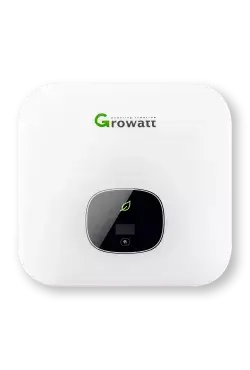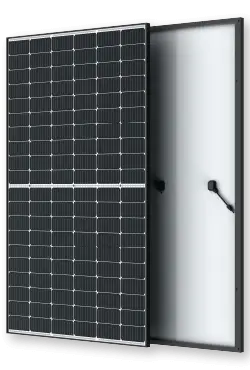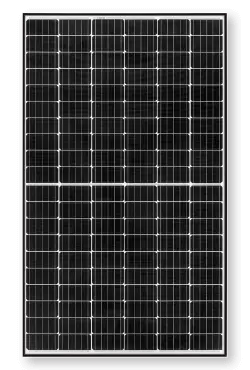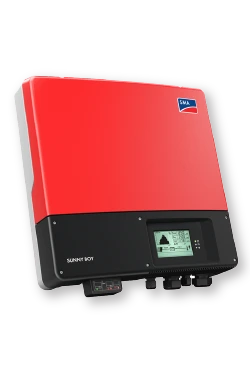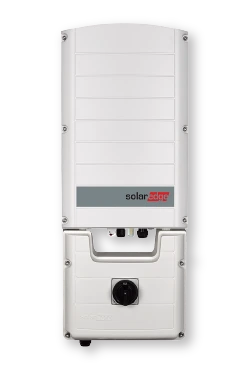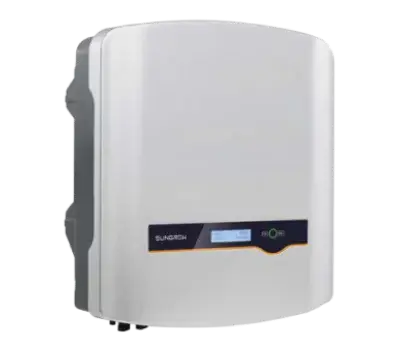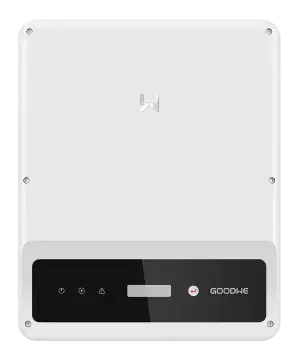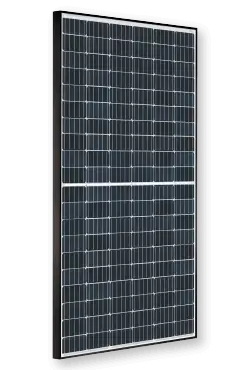
Everything you need to know about Battery backup

22 Feb, 2024.


Solar battery backup systems represent a crucial innovation in the realm of renewable energy. At their core, these systems integrate solar panels with energy storage solutions, typically rechargeable batteries, to harness and store sunlight for later use. This means that even when the sun isn't shining, users can still access the clean energy generated by their solar panels, enhancing both energy reliability and sustainability.
The significance of solar battery backup systems cannot be overstated in today's world, where concerns about climate change and energy security loom large. By providing a reliable source of power independent of the grid, these systems offer a pathway towards greater energy independence and resilience. They also contribute to reducing carbon emissions and mitigating the environmental impact of traditional fossil fuel-based energy sources.
Understanding Solar Battery Backup
Solar Panels and Energy Generation
Solar panels are the heart of any solar battery backup system. These panels are composed of photovoltaic cells that convert sunlight into electricity through the photovoltaic effect. When sunlight hits the surface of the solar panels, it excites the electrons in the semiconductor material, creating an electric current. This direct current (DC) electricity is then passed through an inverter, where it is converted into alternating current (AC) electricity suitable for powering homes, businesses, or feeding back into the grid.
The amount of electricity generated by solar panels depends on factors such as sunlight intensity, panel orientation, and shading. By capturing sunlight and converting it into clean, renewable energy, solar panels play a crucial role in reducing reliance on fossil fuels and mitigating climate change.
Battery Storage and Its Role
Battery storage is an essential component of a solar battery backup system, enabling users to store excess energy generated by their solar panels for use when sunlight is unavailable. Rechargeable batteries, typically lithium-ion or lead-acid batteries, store this surplus energy in chemical form, releasing it as electricity when needed.
During periods of low sunlight or high energy demand, such as at night or during power outages, the stored energy in the batteries can be discharged to power essential appliances and devices. This ensures a continuous and reliable power supply, enhancing energy resilience and independence.
Battery storage also plays a crucial role in optimizing the use of solar energy. By storing excess energy generated during peak sunlight hours, users can avoid wasting valuable solar resources and maximize the self-consumption of solar power, further reducing electricity costs and environmental impact.
Benefits
Energy Independence
One of the primary benefits of solar battery backup systems is the promotion of energy independence. By harnessing the power of the sun and storing excess energy in batteries, users can reduce their reliance on the traditional grid. This means they can generate and consume their own electricity on-site, decreasing their dependence on external energy sources and utility companies. With solar battery backup systems, users have greater control over their energy supply, enhancing their autonomy and reducing their vulnerability to fluctuations in energy prices or supply disruptions.
Resilience During Outages
Solar battery backup systems provide a valuable layer of resilience during power outages or emergencies. When the grid goes down, whether due to severe weather events, grid failures, or other unforeseen circumstances, solar battery backup systems continue to supply power to essential appliances and devices. This ensures that critical functions such as lighting, refrigeration, communication, and medical equipment remain operational, enhancing safety and comfort during challenging times. By providing a reliable source of backup power, solar battery systems offer peace of mind and security to users, allowing them to weather outages with confidence.
Financial Savings and Environmental Impact
Solar battery backup systems offer significant financial savings and environmental benefits. By generating electricity from clean, renewable energy sources such as sunlight, these systems help users reduce their carbon footprint and mitigate the environmental impact of traditional fossil fuel-based energy generation. Additionally, by storing excess solar energy for later use, solar battery backup systems enable users to optimize their energy consumption patterns, reducing their reliance on grid-supplied electricity and lowering their utility bills. Over time, the financial savings accrued from reduced energy costs can offset the initial investment in a solar battery backup system, making it a financially attractive option for homeowners and businesses alike. Furthermore, many governments and utilities offer incentives, rebates, and tax credits to encourage the adoption of solar battery backup systems, further enhancing their affordability and attractiveness.
Conclusion
Solar battery backup systems offer unparalleled benefits, including energy independence, resilience during outages, and financial savings. By integrating solar panels with battery storage, users can generate and store their own clean energy, reducing reliance on the grid. Understanding key components like solar panels and battery storage units is essential for effective system design and maintenance.
We encourage you to explore solar battery backup options for your home or business. Investing in these systems not only provides immediate benefits like energy savings and reliability but also contributes to a cleaner, more sustainable future. Reach out to reputable providers to start your solar journey today.

Brands We Install
Harness Renewable Energy and Reduce Carbon Footprint
Power Up
Your Savings






